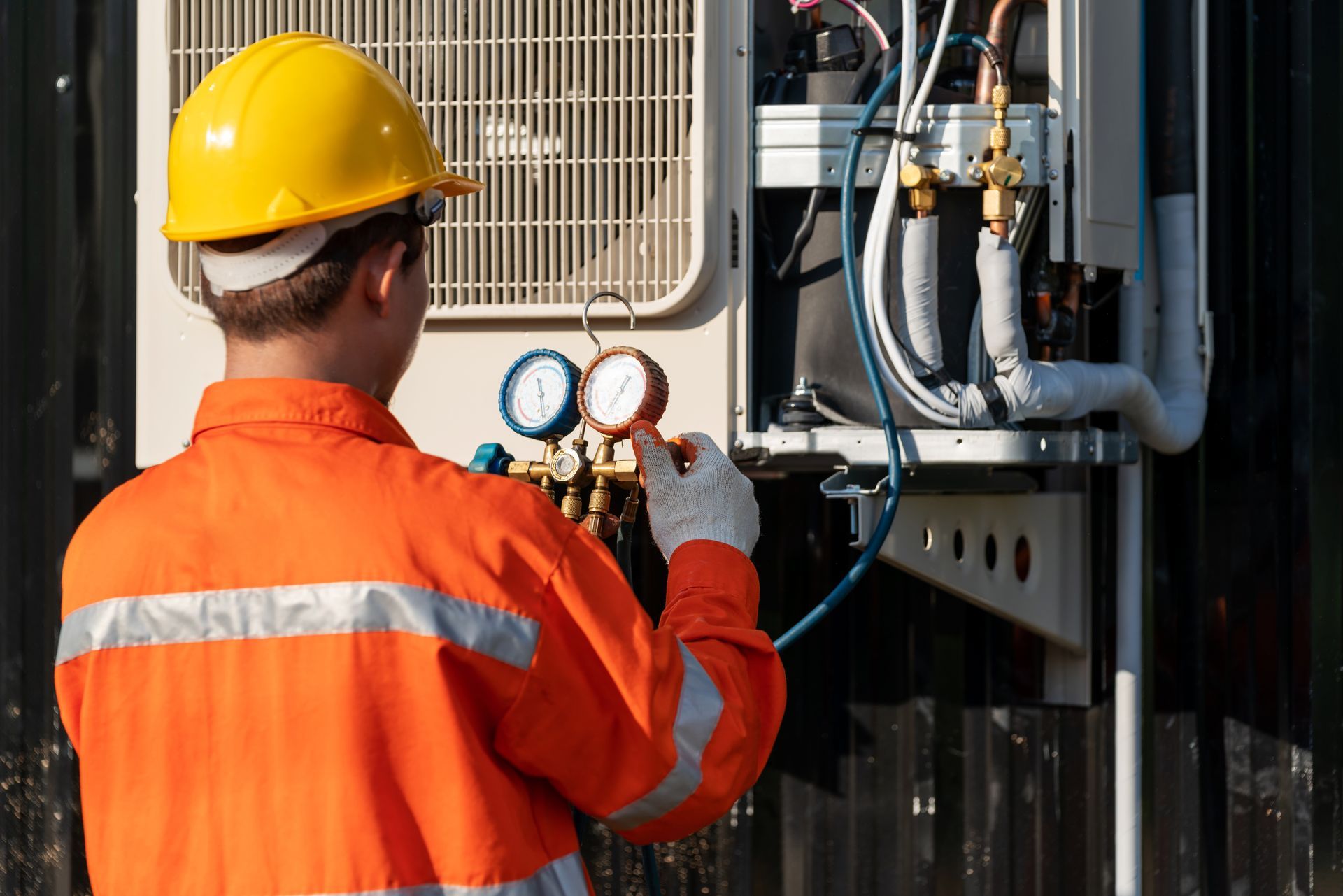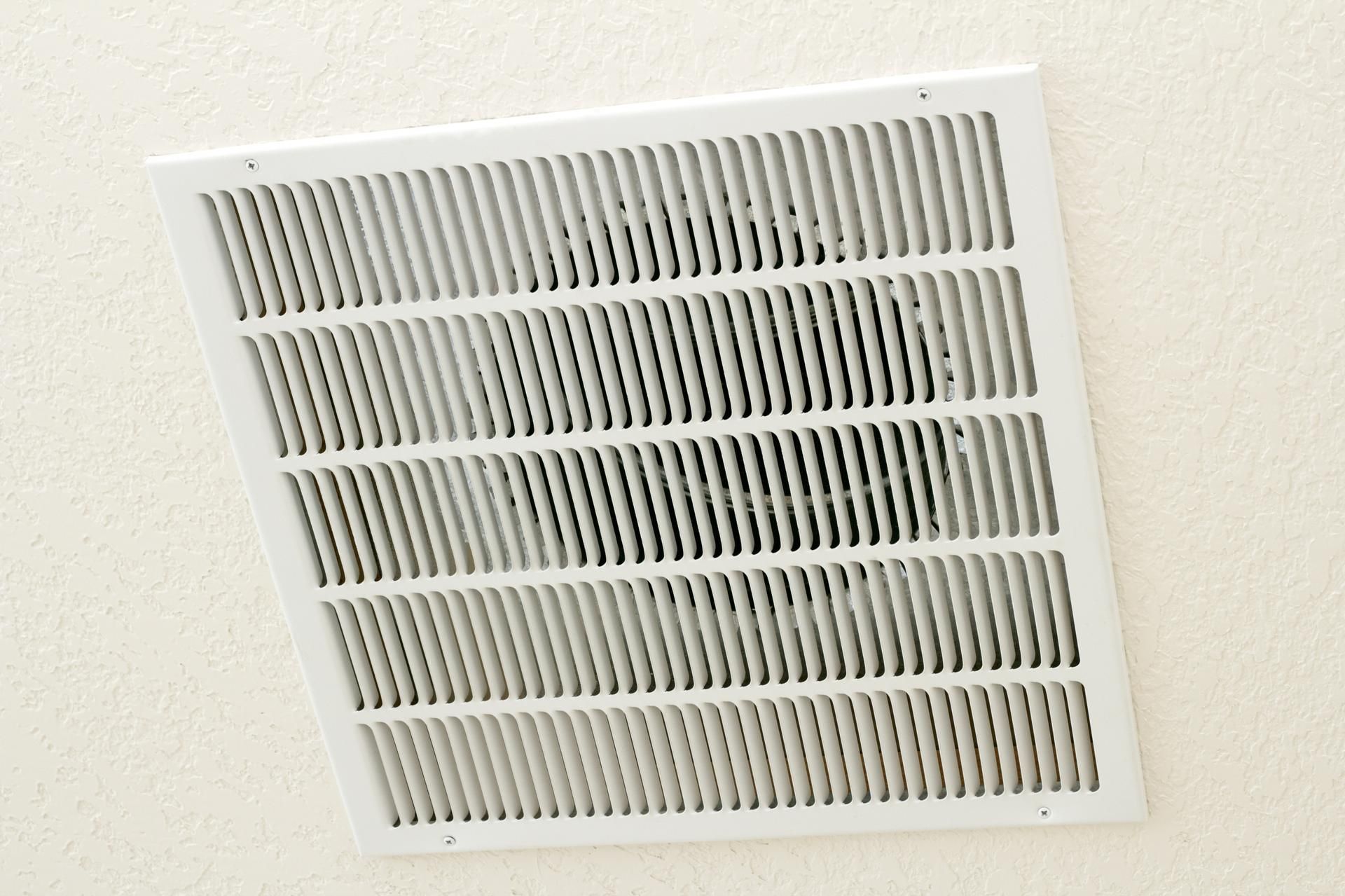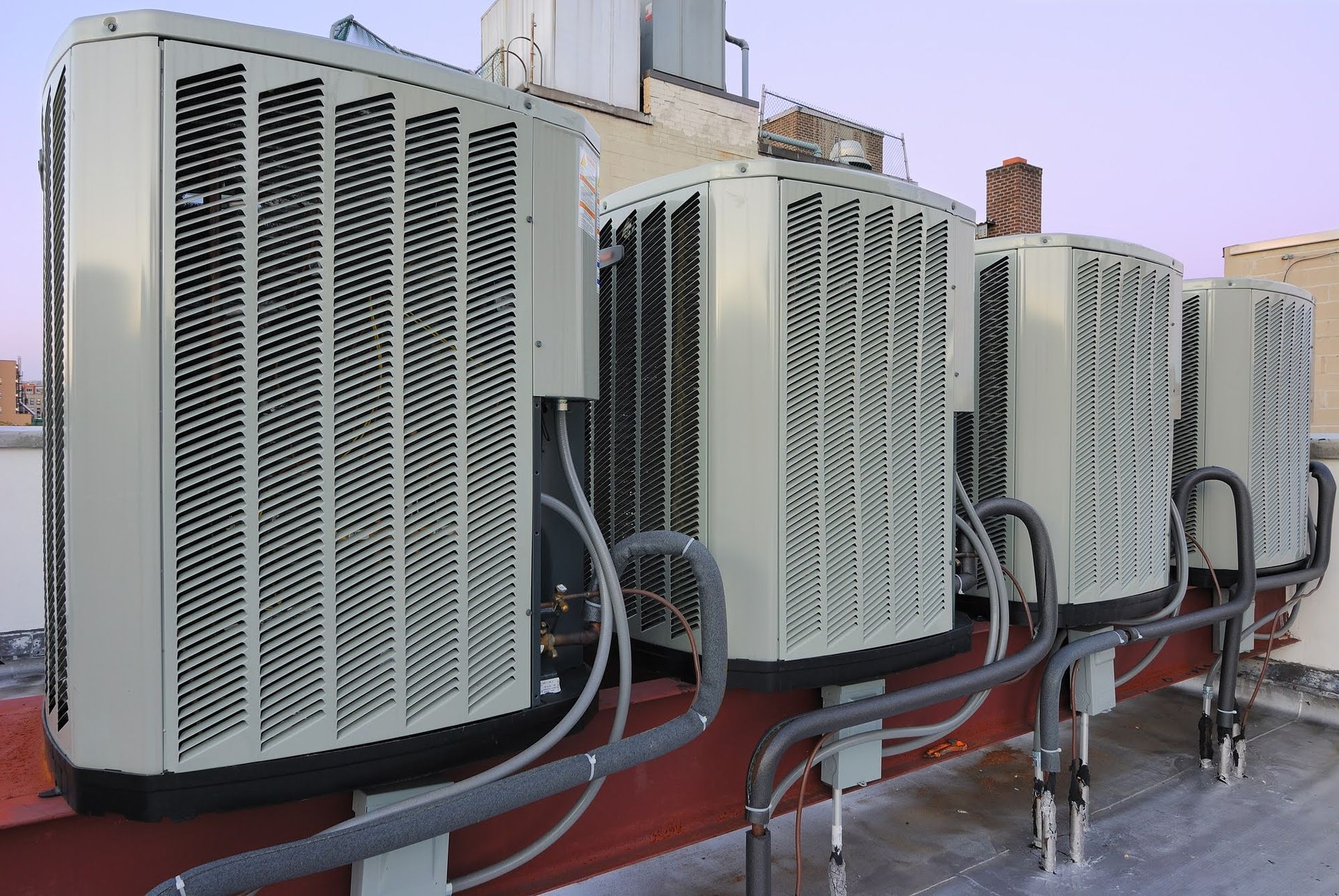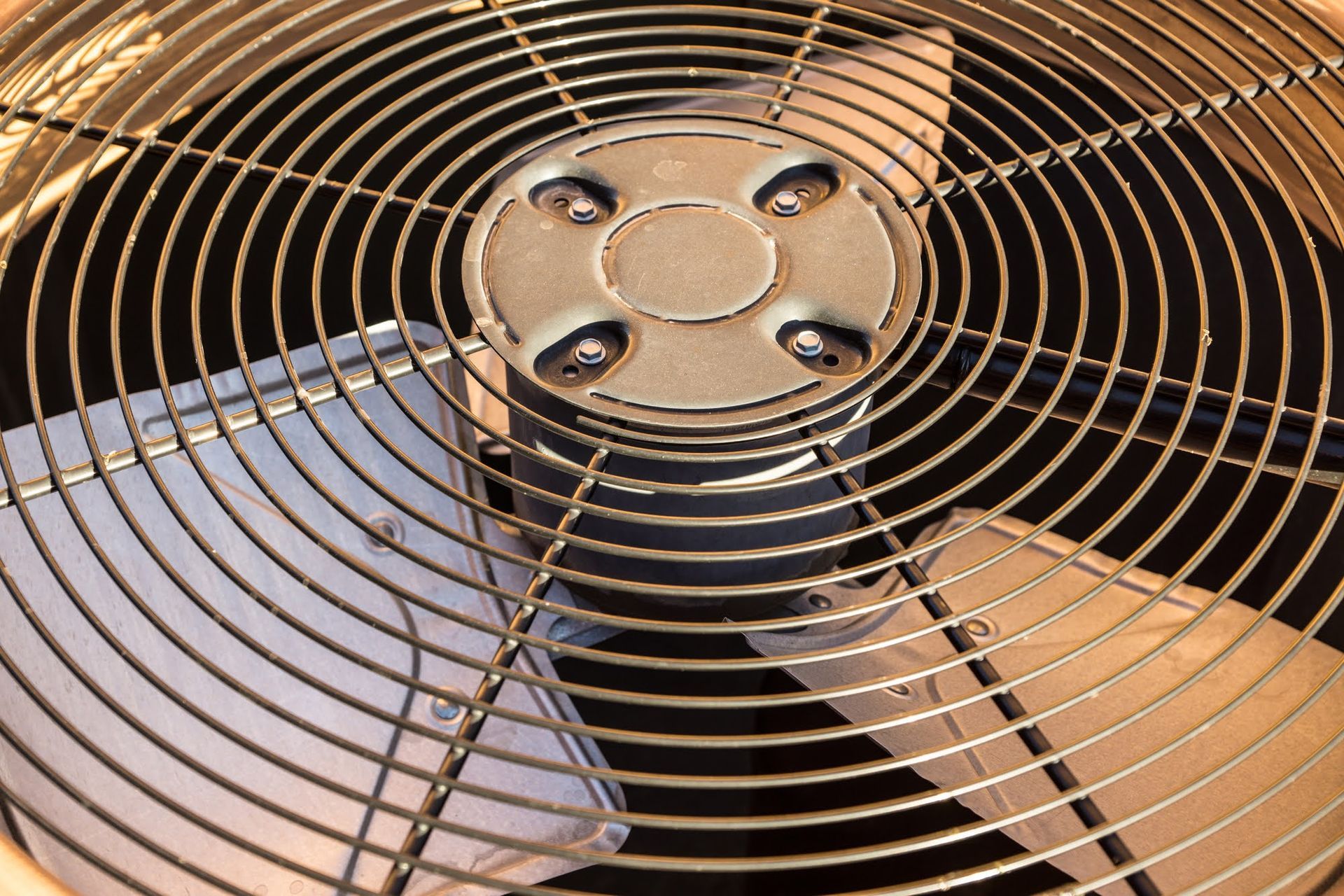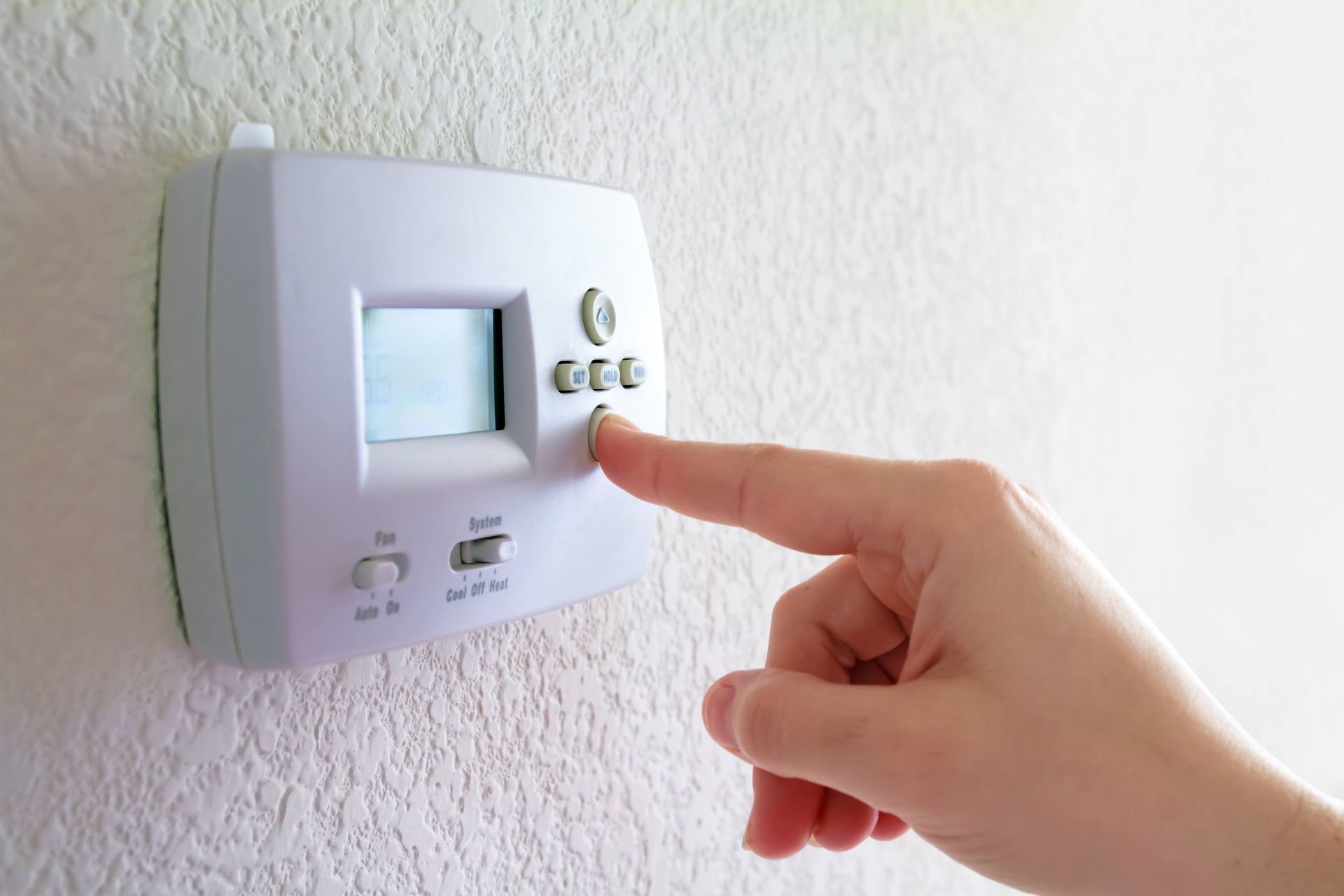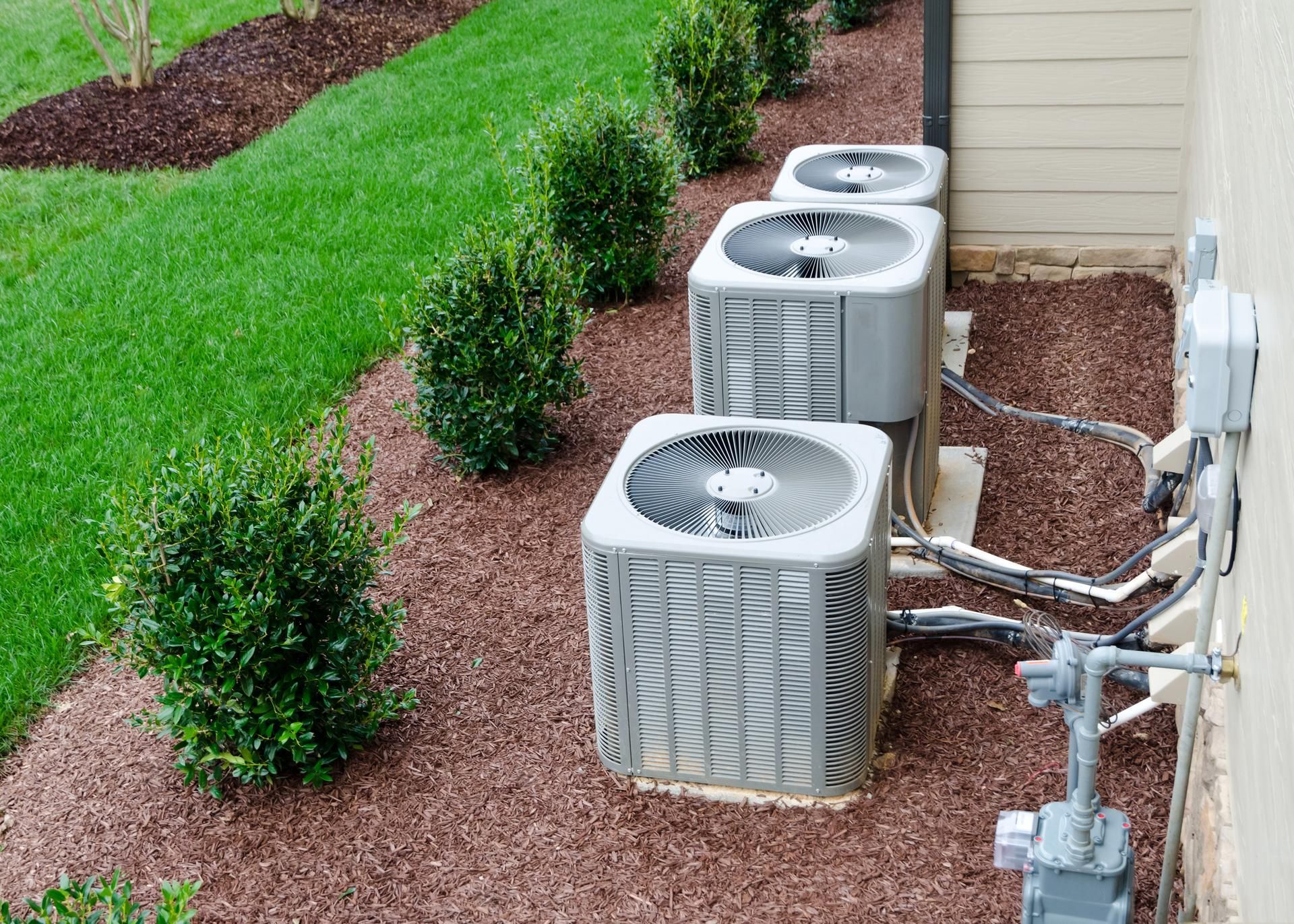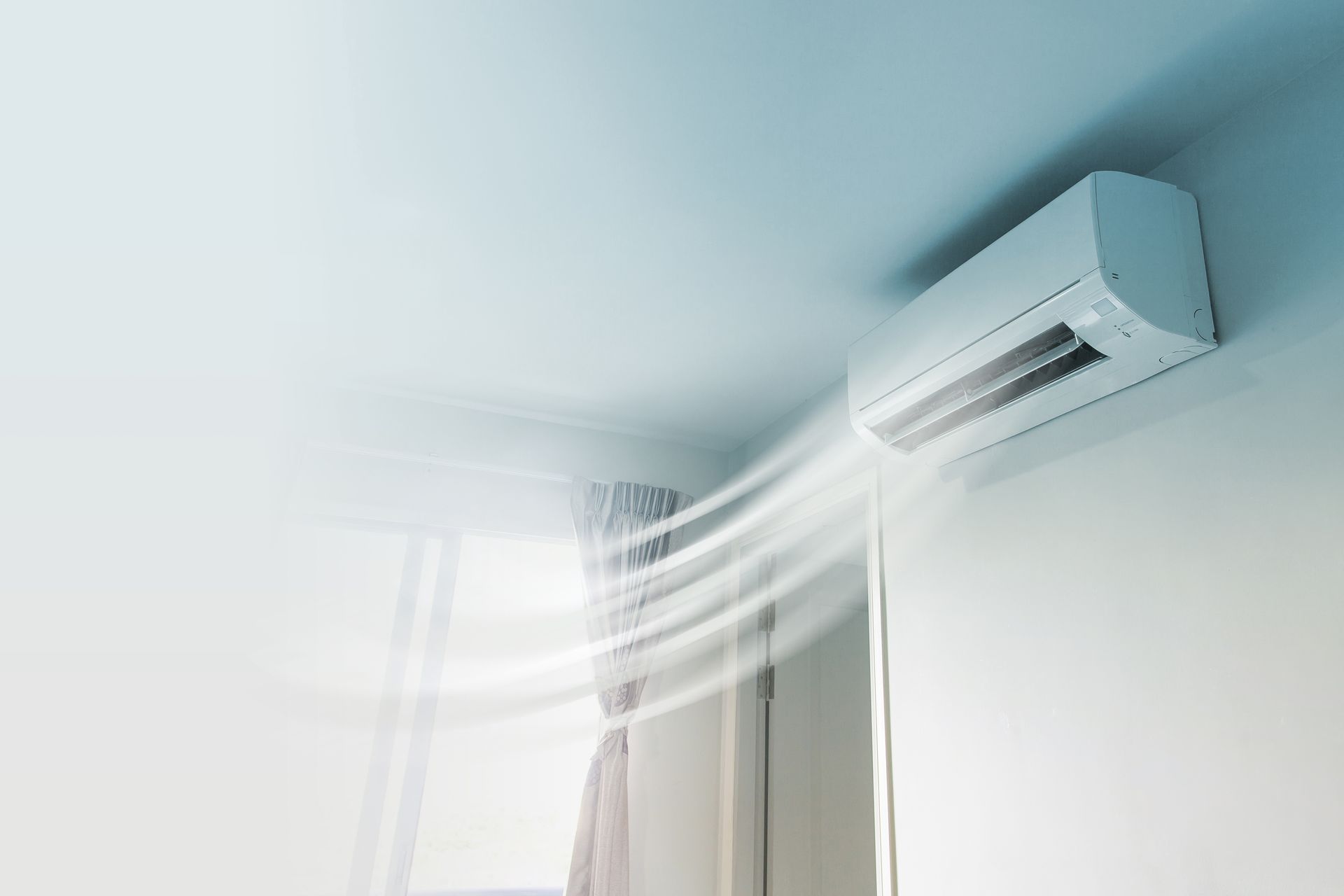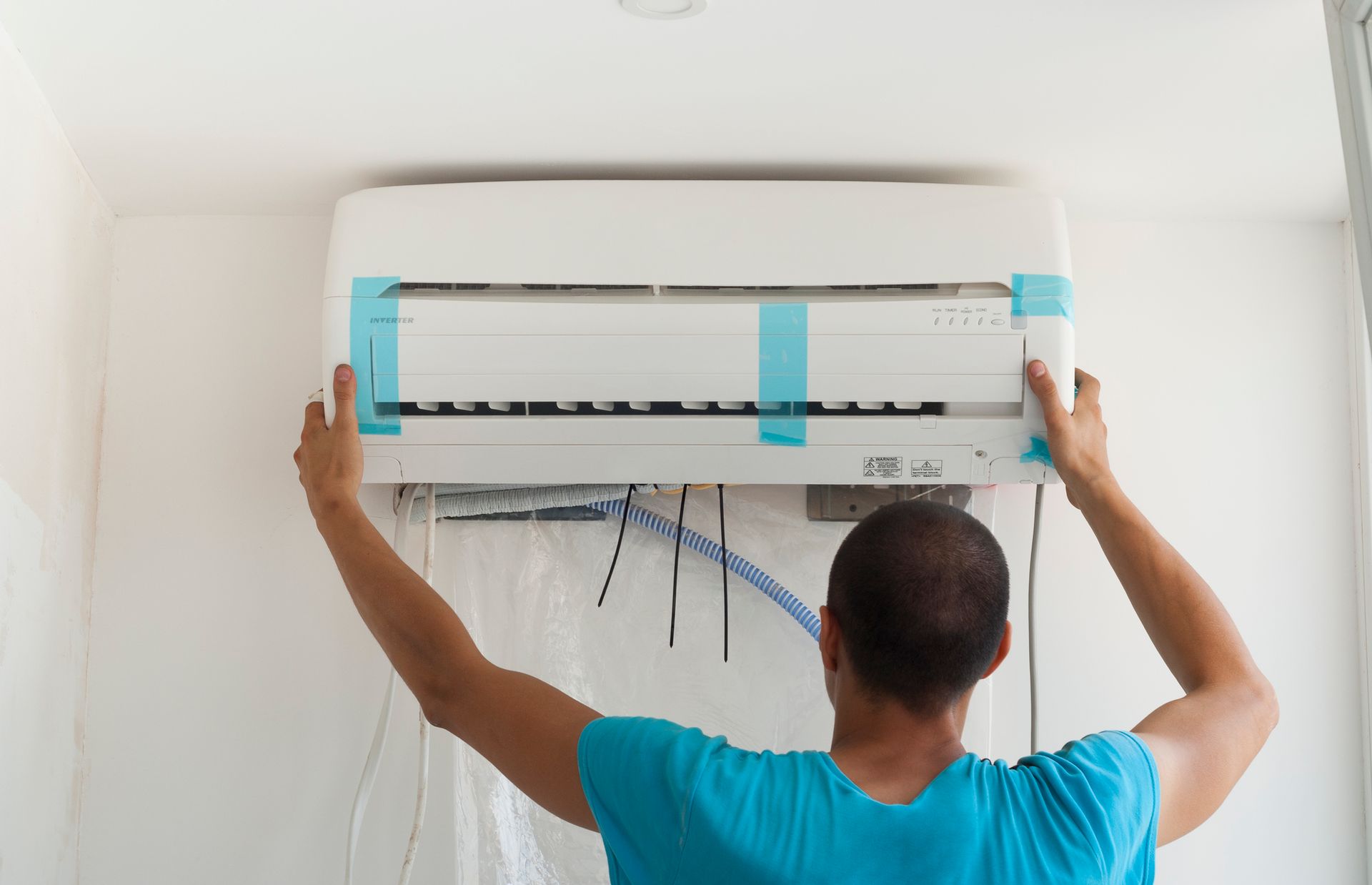Common Issues with Heat Pumps
Heat pumps are widely recognized for their efficiency in providing reliable heating and cooling solutions for homes. However, like any mechanical system, they can face occasional issues that may hinder their performance. Understanding these problems and knowing when to call a professional can save homeowners time, energy, and unnecessary frustration.
Insufficient Heating or Cooling
One of the most frequent complaints about heat pumps is their inability to effectively heat or cool a space. This problem can arise from a variety of causes, such as a clogged air filter, an incorrect thermostat setting, or even issues with the refrigerant levels. When a heat pump can't maintain the desired indoor temperature, it can lead to discomfort and inefficiency.
A professional can diagnose the specific cause and offer a targeted solution. For instance, they may clean or replace the air filter to ensure proper airflow or recalibrate the thermostat for optimal functioning. If the issue involves low refrigerant levels, a professional will not only refill it but also check for potential leaks to prevent further problems.
Unusual Noises During Operation
Heat pumps are designed to operate quietly, so unusual noises such as rattling, buzzing, or squealing can be an indication of underlying issues. Rattling sounds may point to loose components, buzzing could indicate electrical issues, and squealing often signals worn-out belts or bearings.
Attempting to identify the source of these noises without proper training might exacerbate the problem. Professional technicians are equipped with the tools and expertise needed to inspect the system thoroughly. They can securely tighten loose parts, repair or replace damaged components, and ensure the system is operating as intended.
Frequent Cycling On and Off
Short cycling, where a heat pump turns on and off more frequently than usual, can reduce efficiency and increase energy bills. This behavior is often caused by issues such as a malfunctioning thermostat, an oversized or undersized heat pump, or dirty coils.
Professionals can resolve this problem by inspecting the thermostat for faults or recalibrating it as needed. Additionally, they can clean the outdoor and indoor coils to promote efficient heat exchange. If the root cause is an incorrectly sized heat pump, they may recommend replacing it with one better suited to the home's heating and cooling requirements.
Frozen Coils
Ice buildup on the outdoor unit is another common issue that can affect a heat pump's ability to function effectively. Frozen coils often occur due to restricted airflow, low refrigerant levels, or a malfunctioning defrost cycle. If left unattended, this issue can cause significant damage to the system over time.
A professional will not only clear the ice but will also address the underlying cause to prevent future occurrences. This may involve cleaning the coils, addressing refrigerant leaks, or repairing the defrost control system to ensure proper defrosting cycles occur automatically.
Weak Airflow
Heat pumps rely on steady airflow to effectively distribute warm or cool air throughout a home. Weak airflow is often caused by issues such as clogged ducts, a malfunctioning blower motor, or a blocked air filter. These problems can prevent the system from operating efficiently and meeting the household's comfort needs.
Professionals can assess the entire system to determine why the airflow is compromised. Cleaning or repairing ducts, replacing faulty blower motors, or installing a new air filter are some of the solutions they might implement to restore proper airflow quickly.
A Surge in Energy Bills
Sudden increases in energy bills without a corresponding change in usage patterns can be a sign of an inefficient heat pump. This often results from issues such as dirty components, mechanical wear and tear, or a failing compressor.
Professional technicians can conduct a comprehensive system inspection to identify inefficiencies. By cleaning components, tuning up the system, or repairing or replacing worn-out parts, they can restore the heat pump's efficiency and help homeowners save on energy costs.
Difficulty with the Reversing Valve
The reversing valve is a critical component that allows a heat pump to switch between heating and cooling modes. When this valve malfunctions, the system may become stuck in one mode, leaving the home unable to switch between warm and cool air as needed.
Diagnosing and repairing a reversing valve requires specialized knowledge and tools. Professionals can handle this intricate task by testing the valve, making necessary adjustments, or replacing it if the damage is extensive, ensuring reliable operation regardless of the season.
Condensate Drainage Problems
Water leaks or pooling around the heat pump can indicate condensate drainage issues. These problems are often caused by clogged drainage pipes, damaged drain pans, or improper installation. If left unaddressed, these issues can lead to water damage or system breakdowns.
A professional will inspect and clean the drainage system, repair or replace damaged components, and ensure the heat pump's condensate is draining properly. This not only resolves the immediate issue but also prevents further complications.
Why Professional Help Matters
While many common heat pump issues may seem straightforward to fix, improper handling can cause further damage or reduce the system's lifespan. Professional technicians have the knowledge, training, and tools needed to identify and resolve problems effectively. They can also perform routine maintenance to keep the system running efficiently and prevent future breakdowns.
For more info, contact us at Temperature Design.

